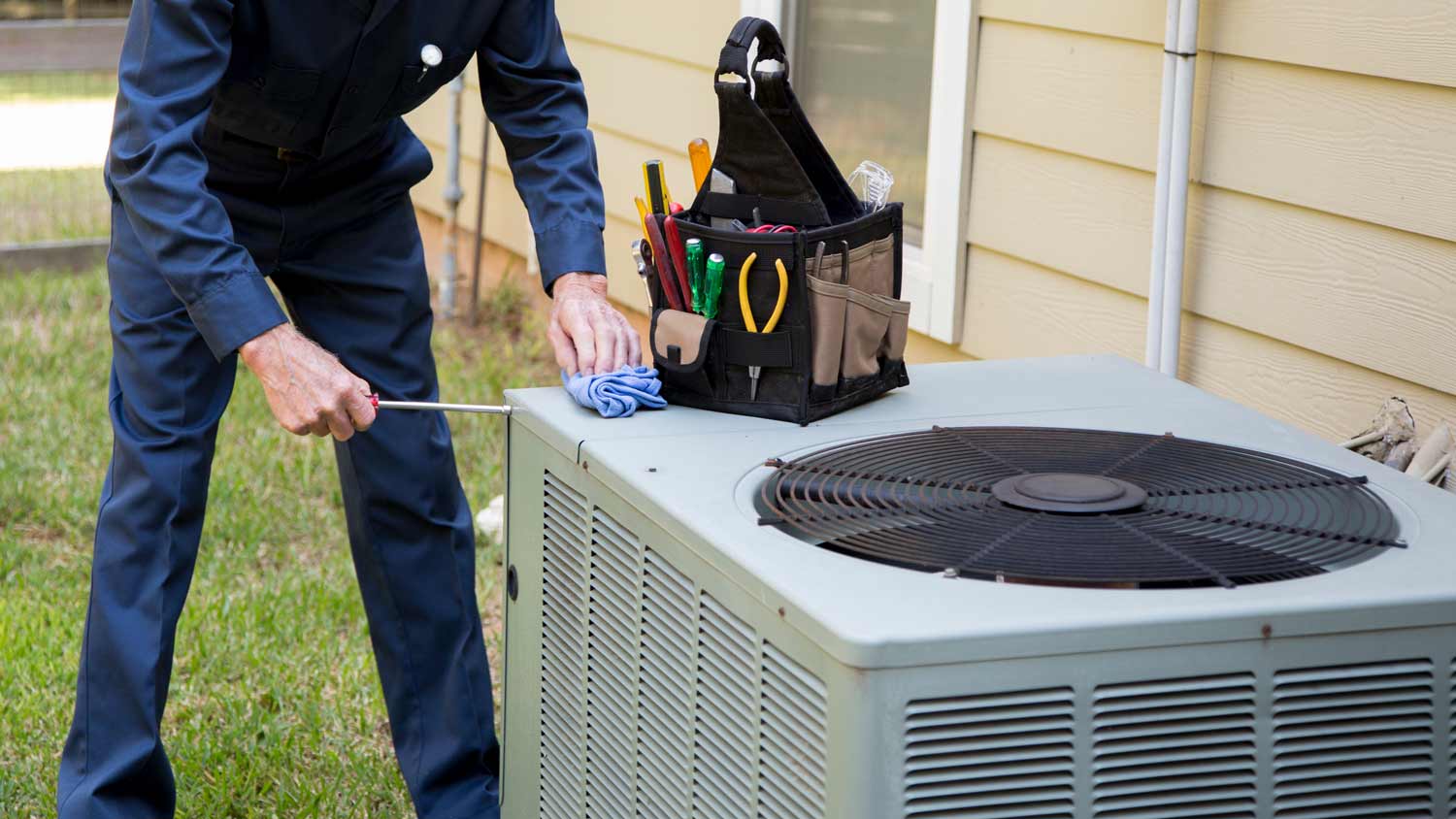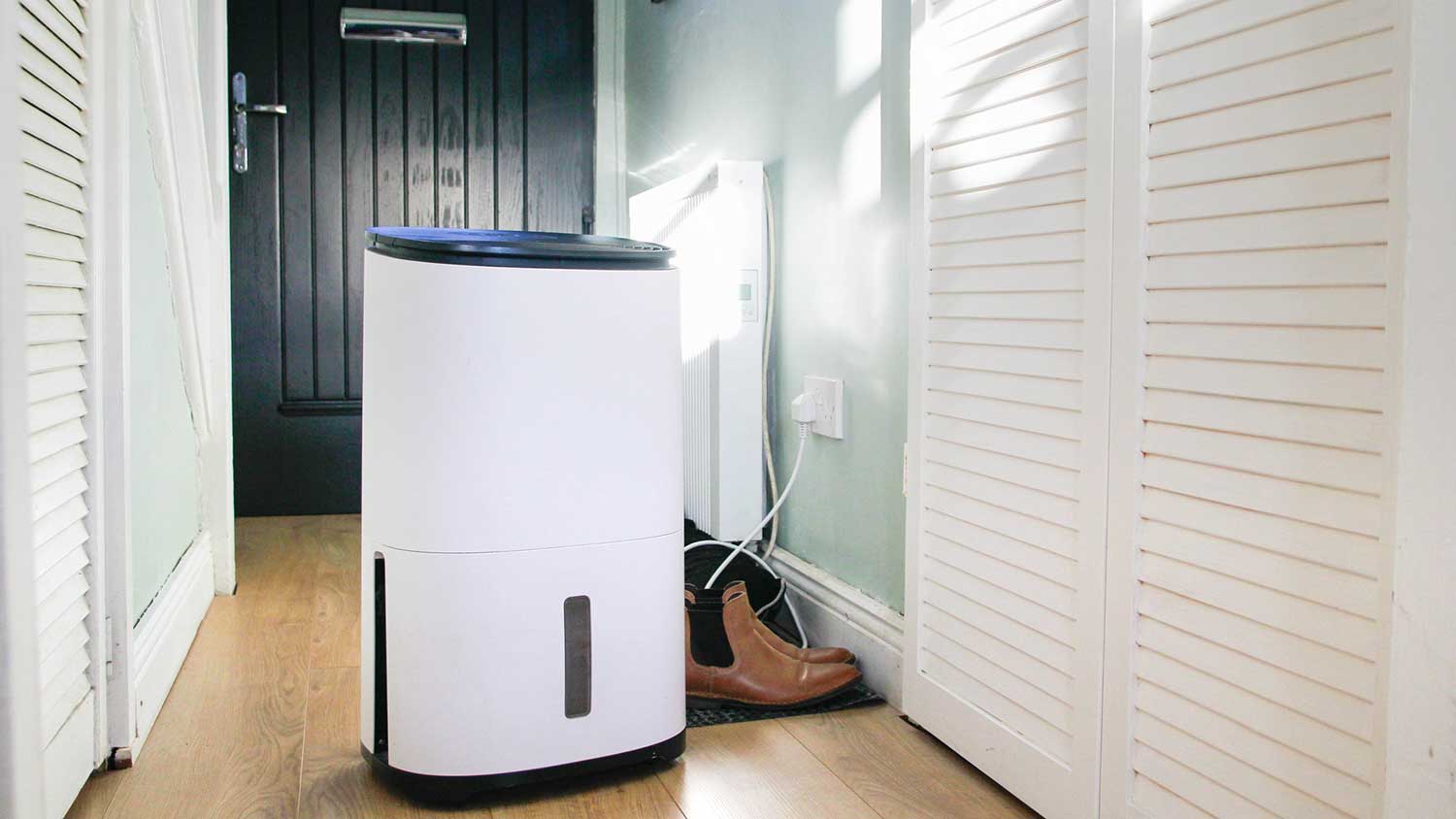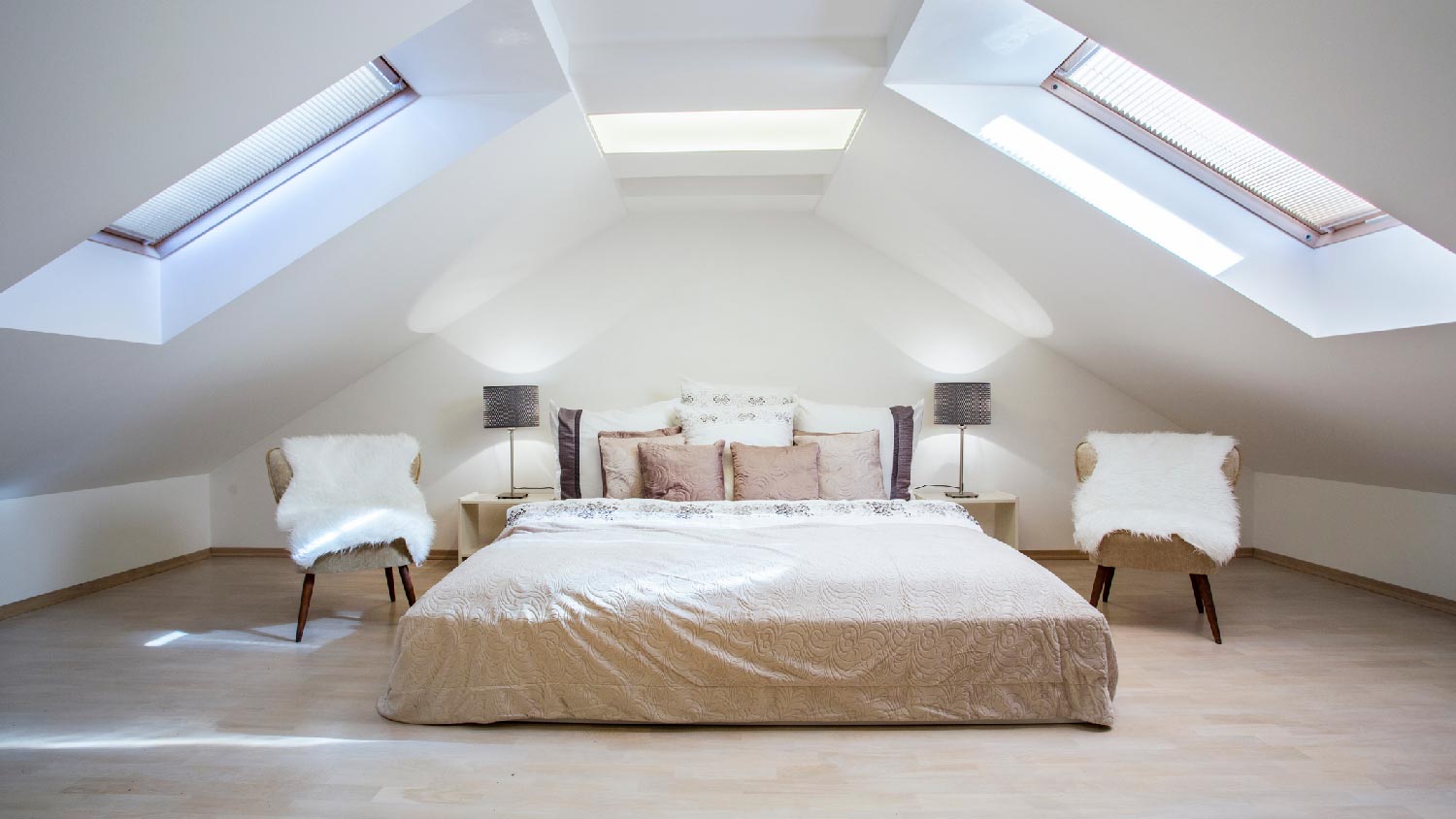Do You Need to Tip the HVAC Technician?
Decide for yourself whether to tip your HVAC pro


Research whether the company you’ve hired to repair your HVAC unit allows their employees to accept tips.
If tips are accepted, deciding how much to pay is your call.
Cash is preferred, and 20% is the service industry standard.
In the dead of winter or the heat of summer, HVAC technicians work to service the air conditioning and heating units in their area. While they complete the HVAC service, you may wonder, do I need to tip the HVAC technician?
You may want to give your HVAC technician a hefty tip, especially if they save you from sweating in your living room or shivering when the sun goes down. However, certain circumstances call for tips or prohibit them. Read our guide for all the details on best tipping practices.
When to Tip Your HVAC Technician
If the company allows their employees to receive tips, it’s up to you to decide when and how much you’d like to tip, though cash is the preferred method of most professionals. Since your HVAC technician is providing a much-needed service in your home, it’s customary to thank them with an additional tip.
Like other common tipping practices in the service industry, a 20% tip is standard. However, in scenarios where your total bill is very high, providing a $20 to $30 tip per worker is acceptable. If your HVAC technician services your system on a weekend, holiday, or emergency call, consider providing an additional tip for their time.
Here are common scenarios that warrant tipping:
Above-and-beyond service
Weekend or holiday service
Emergency response service
Technician includes an HVAC inspection with the service
When Not to Tip Your HVAC Technician
In some cases, HVAC companies may not allow their technicians to receive tips. Make sure you ask a manager first or check the company website for their policy before the technician performs any repairs or installations. If your HVAC technician or their supervising company doesn’t allow tips, don’t attempt to provide one after the service is complete.
Here are some scenarios that don’t warrant tipping:
Technicians not allowed to accept tips
Service was incomplete
Service technician was extremely late to scheduled service
Service created additional problems with HVAC system
When to Call an HVAC Expert

Your heating or air conditioning system may be a lifeline if you’re forced indoors for long periods due to extreme heat or cold. That’s why it’s essential to know the warning signs of an HVAC problem so you can call a professional HVAC technician to inspect your unit or perform a repair. You should hire a local heating or cooling service company if any of the following issues arise in your HVAC unit:
Strange noises
Uneven airflow
Moisture or leakage
Increased energy bills
Strong odors
Thermostat problems
Inconsistent heating and cooling
How to Prevent HVAC Problems

The easiest way to prevent your air conditioning or heating unit from experiencing issues is to hire a professional to conduct an HVAC inspection and service the unit at least once per year. It’s best to complete these HVAC check-ins before summer and winter hit because those seasons apply more stress on your appliances.
Annual air duct cleanings is another service that can keep your HVAC systems in tip-top shape so that air flows efficiently and your space stays cool and warm when you need it most. This services cost around $270 to $500, depending on the size and type of ductwork.
Frequently Asked Questions
In some cases, HVAC quotes are negotiable. This scenario is true if you’re installing a new HVAC unit and sign a contract, in which case you can often negotiate the terms of the agreement with the company installing the unit. Getting quotes from other companies can often give you leverage with your installer if you feel their prices are too high or some of the work can be adjusted.
You should get anywhere from three to five quotes for HVAC replacement to get an idea of the average cost of a new unit. Although this quote-collecting process can be time consuming, it allows you to compare what work is required, what type of unit you should install, and how much you should expect to pay for the service.
HVAC systems last between 10 and 30 years, with an average lifespan of 20 years. If the system has serious issues and it’s more than 10 years old, you should consider replacing it since most tend to become less efficient as time goes on. Modern units have more advanced technology that allows them to use less energy when running, so they last longer and can even lower the cost of your energy bill.





- Furnace Repair
- Air Conditioning Repair
- HVAC Repairs
- Furnace Installation
- Wood & Pellet Stove Repair
- Dehumidifier & Humidifier Repair
- Heat Pump Companies
- Swamp Cooler Repair
- Wood Stove Services
- HVAC Companies
- Commercial A/C Repair
- Geothermal Installation
- Air Conditioning Installation
- Boiler Repair
- 24 Hour Furnace Repair
- Geothermal Repair
- Heat Pump Repair
- Humidifier Installation
- Thermostat Repair
- Thermostat Installation
- Nest Installation
- Heating & Cooling
- Heating Repair
- Furnace Cleaning
- Furnace Tune-Up
- HVAC Technicians
- Subcontractors
- Furnace Maintenance
- Plumbing & Heating Companies
- Wood Stove Inspection
- Mini Split Installation
- Wall Heater Repair
- Duct Installers










